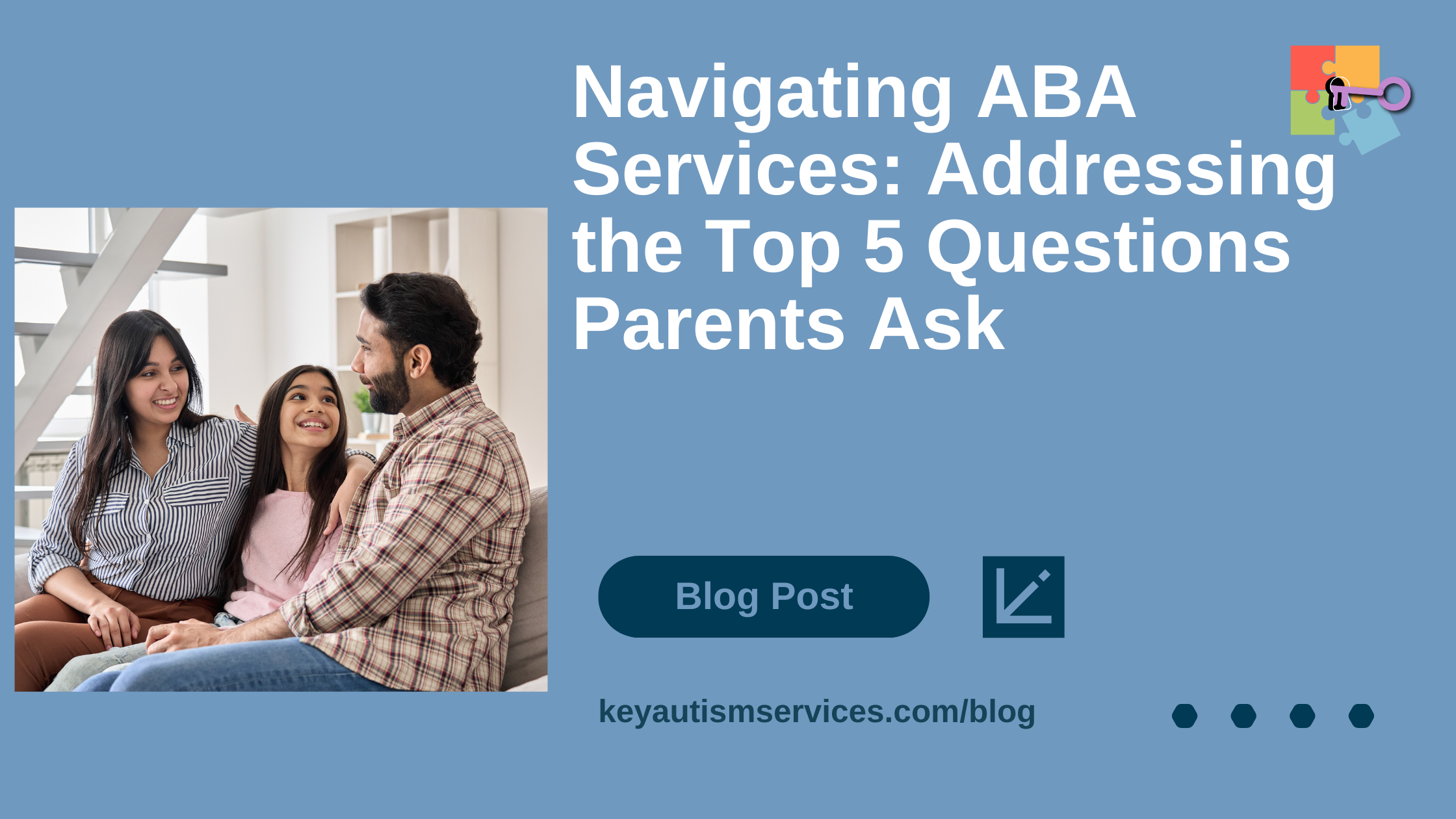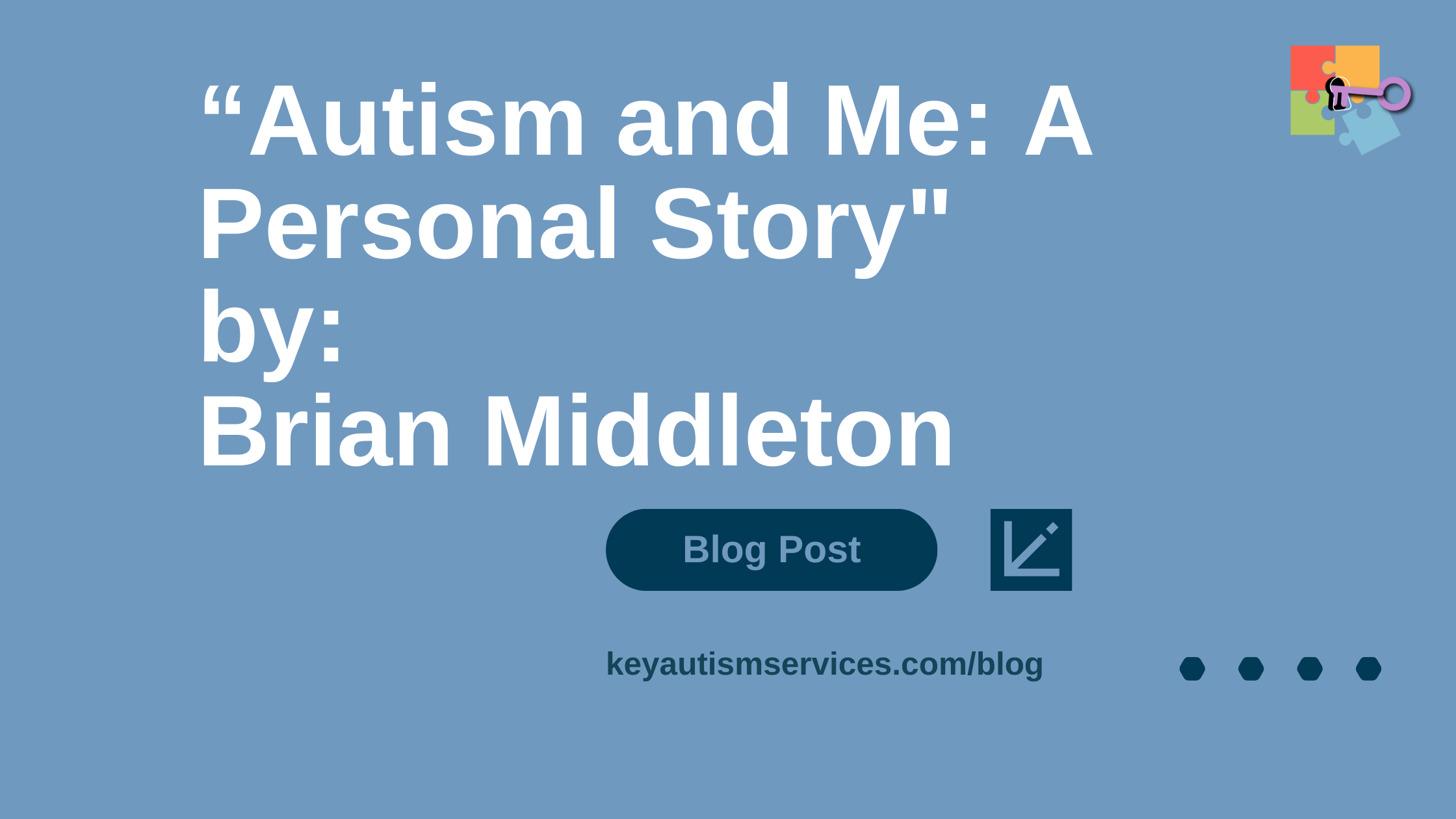Embarking on the journey of Applied Behavior Analysis (ABA) services can be a significant step for parents seeking support for their children with developmental challenges. ABA is a therapeutic approach that focuses on improving socially significant behaviors by applying evidence-based principles. As parents consider this path, they often have several questions. In this blog post, we will explore the top five questions parents commonly ask before starting ABA services.
What is ABA, and how does it work?
Understanding the fundamental principles of ABA is crucial for parents considering these services. ABA is a scientific approach that seeks to improve behavior by systematically applying interventions based on learning principles. It involves breaking down complex behaviors into smaller, manageable components and using reinforcement and other behavior-change techniques to teach and reinforce desired behaviors. ABA is highly individualized, with interventions tailored to the unique needs of each child.
How will ABA benefit my child?
Parents are naturally eager to know how ABA services will positively impact their child. ABA is known for its effectiveness in addressing a wide range of behaviors associated with autism spectrum disorder (ASD) and other developmental conditions. The benefits can include improved communication, social skills, academic performance, and daily living skills. ABA also focuses on reducing challenging behaviors and promoting independence, enhancing the overall quality of life for the child and their family.
How do I choose the right ABA provider?
Selecting the right ABA provider is a crucial decision for parents. It is essential to research and choose a provider with experienced and well-trained staff, a positive track record, and a commitment to individualized programming. Consider seeking recommendations, reading reviews, and asking questions about the provider’s approach, assessment methods, and collaboration with parents. Open communication and a collaborative partnership between parents and the ABA team are key factors for success.
How many hours do I need to commit to?
The commitment of time required for Applied Behavior Analysis (ABA) services can vary depending on individual needs and goals. ABA is highly individualized, and the number of hours recommended for a child may be determined through assessments and discussions with the ABA team. Generally, early intensive intervention often involves a higher number of weekly hours, with some children participating in 20 to 40 hours of ABA therapy. However, it’s essential to recognize that the intensity of ABA services can be adjusted based on the child’s age, developmental level, and specific objectives. ABA providers work closely with parents to create a customized treatment plan that aligns with the child’s unique requirements and family circumstances. Open communication with the ABA team will help determine an appropriate and realistic commitment of time, ensuring that both parents and the child can actively participate and benefit from the intervention.
How can I be involved in my child’s ABA therapy?
Parents play a crucial role in the success of ABA interventions. Collaboration between parents and the ABA team is essential for consistency and generalization of skills across different settings. A reputable ABA provider will involve parents in the assessment process, goal setting, and the development of intervention plans. Regular communication, training sessions, and feedback opportunities are also key components of a successful partnership between parents and ABA professionals.
Key Autism Services
Embarking on ABA services is a significant decision for parents, and having clear answers to these common questions can help alleviate concerns and set the foundation for a positive experience. ABA has shown immense success in supporting children with developmental challenges, and by understanding the process and actively participating in their child’s therapy, parents can contribute significantly to their child’s progress and overall well-being. Learn more about how Key Autism Services can benefit your child by clicking HERE today.






